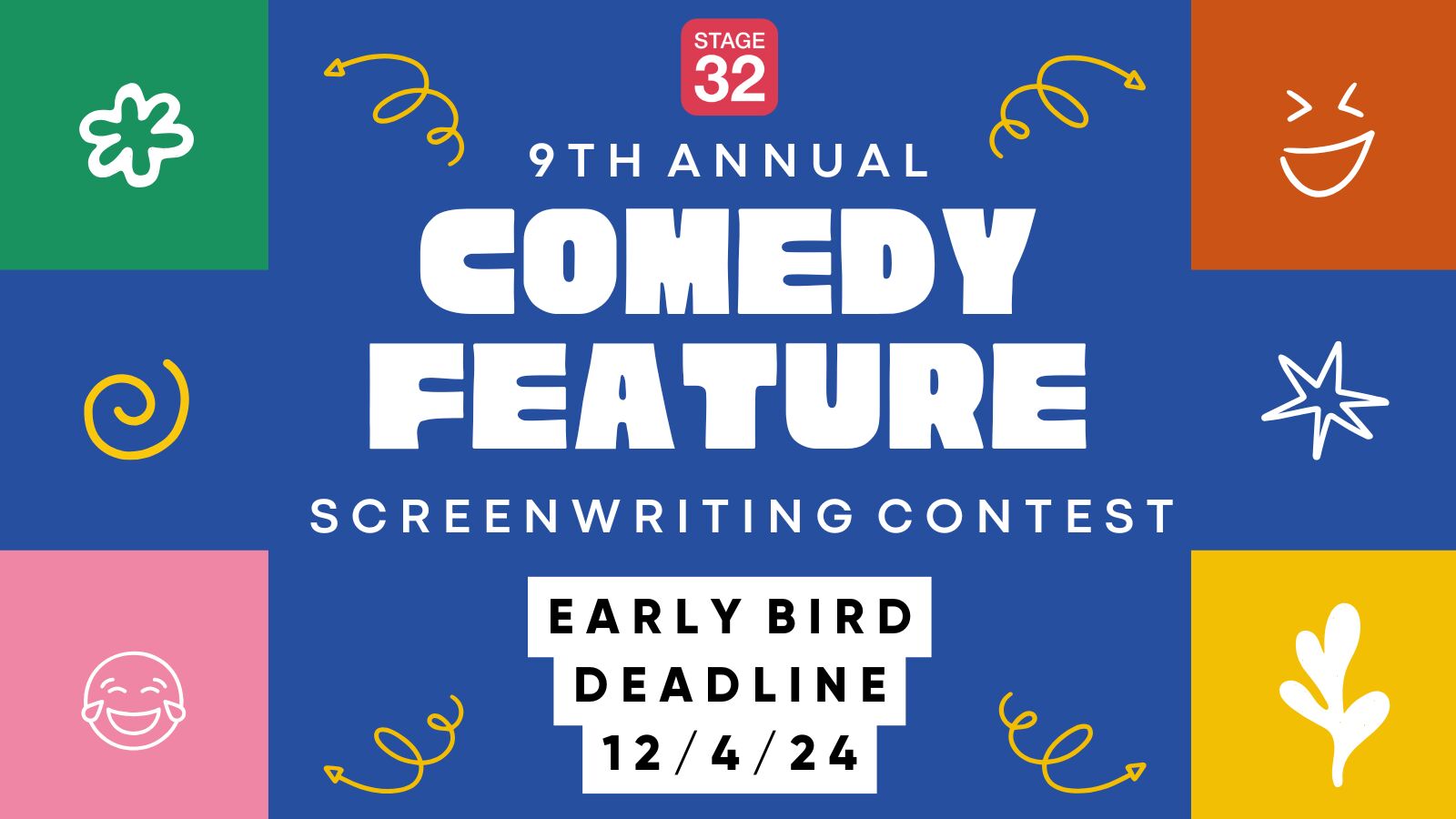I am not a film editor but my uncle, Frank Mazzola was. He was widely known for his provocative and sometimes beautiful montages, which he used to give the films he worked on an extra sense of aesthetics, which is rarely a result of film editing. My question is this; What is the most important job of a film editor? Also is the montage used less in films today?



3 people like this
The editor's job (as I've seen it and lived it) is to serve the story, and help tell the story in the best way possible. It's also possible for an editor to impose their own aesthetic stamp on a film, by compressing or re-ordering the timeline. One book I found to be very influential in my own work is The Conversations, by Michael Ondaatje. He spent a great deal of time with Walter Murch, who was the editor on the film made from Ondaatje's novel, The English Patient. Murch talked at length about decisions he made independent of the director, to remove entire scenes that he thought didn't work, or didn't help the story. Murch is also famous for editing Apocalypse Now, and for many sound design choices that he made that hadn't been tried before. In my own work, a particular actor had created a great deal of tension on the set, and her character, through careful editing, was changed from an interesting "center of attention" to the focus of a lot of the other characters' anger, only they didn't shoot it that way. It took a few choice cuts to change her from an eccentric, engaging person into an attention-grabbing, mean-spirited bully. Montage, these days, is I think considered cliche. I think it's possible to do more with it, but it's rare that a montage doesn't end up looking like a dated seventies film. I've done one or two, myself, and it's fine line between subtle and sledgehammer.
Thank you Sten for a very concise answer. I happen to agree with your comments and I believe my uncle would have also. Check out his obituary posted on my wall.